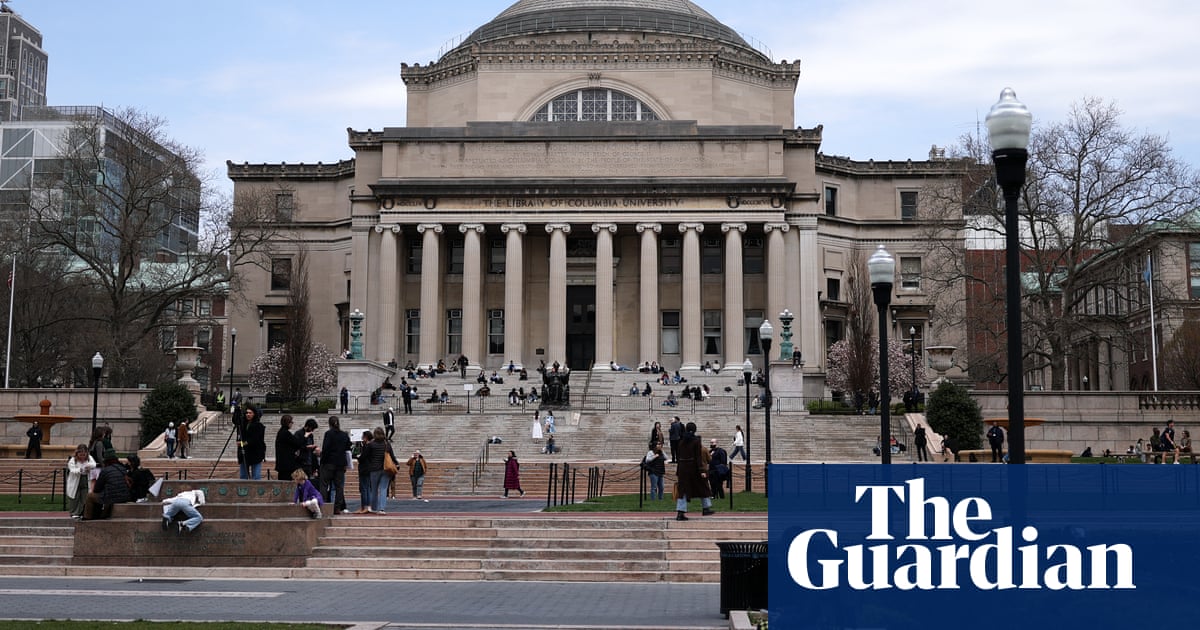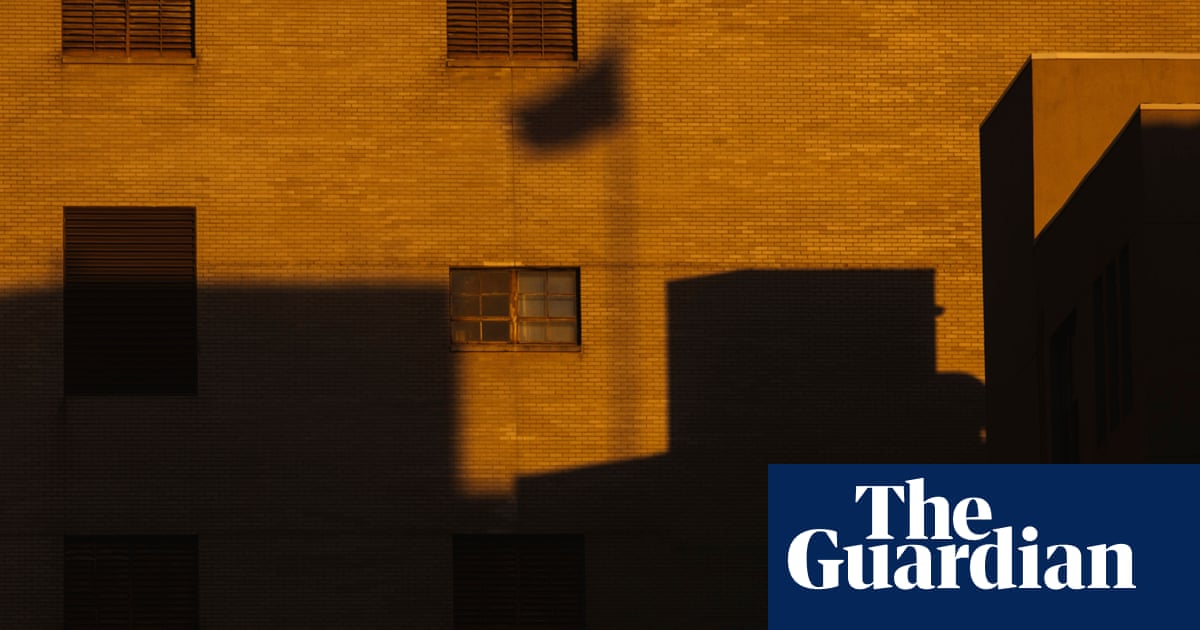As cheers erupt from the Hard Rock Stadium in Miami, attendants outside the stadium wonder aloud if it’s Novak Djokovic playing. But it’s two teens battling it out in the first round of the Miami Open: Learner Tien of the United States at 19 and João Fonseca of Brazil at 18. The Miami crowd, dotted with Brazil’s colors, is raucous for Fonseca.
Tien misses an easy overhead, and the Brazilian fans roar, offering a chant more commonly seen at a soccer stadium, throwing all tennis decorum of not cheering errors out the window. The umpire tries to speak over the crowd for the next point to begin, but Tien is already starting his serve, seemingly unfazed.
The two couldn’t be more different: Where Fonseca rides the crowd’s energy, Tien is calm and collected. Unperturbed.
“The crowd was loud. I didn’t really mind. Honestly, it makes the match more entertaining when people are more invested in the match,” Tien tells me. “It’s always cool to play other younger guys around your age that are playing well. You get to gauge where you are compared to your peers, age wise. You hope that down the road someday, that these matches become rivalries.”
The stage is a stark change of from where Tien was playing matches just months before. After playing one semester of college at USC at age 17, the teenager turned pro and hit the Challenger circuit. He burst on the scene for more casual tennis fans in February at the Australian Open, battling it out with Daniil Medvedev over five sets in the second round and besting the three-time Australian Open finalist. The next month, he beat No 2 in the world Alexander Zverev in Acapulco, Mexico.
But the soft-spoken Tien, whose game is most commonly referred to as “smart,” is composed on the big stage, comfortable to be tongue-and-cheek in defeat. Tien lost his match to Fonseca in three sets. In a farewell to Miami, he posted a photo from the match, tagging Rio de Janeiro as the location.
Making it to the main tour has been a long time coming for the lefty 19-year-old from Irvine, California, even if he wasn’t sure where tennis would take him from the beginning.
“I started when I was little older than one,” Tien says. “I think [it was] one of my dad’s old rackets that were lying around. So they didn’t really even expect for me or my sister to start playing tennis that young. So it’s not like they were prepped with little kiddy rackets or anything.
“My parents would play recreationally. I got to the courts a couple times a week, just with my dad, just watching him play in random men’s leagues. So that’s kind of how I got introduced. Eventually my dad started taking me to the courts, randomly feeding me balls from a pretty young age, and then it kind of just progressed from there on.”
Tennis was never the main event though. His parents, both of whom immigrated to the US from Vietnam, named Learner in honor of his mother, who is a teacher; his sister, Justice, gets hers from her father’s profession – he is a lawyer. Tien’s mother homeschooled them both.
“The tennis wasn’t really in the picture yet,” Tien says. “My sister is a few years older than me, so my mom retired when my sister was born, so she was already just at home with my sister starting to teach my sister. So she just thought she’d teach me, too.”
Thanks to his mother’s teaching, Tien was ahead for his age. He entered high school a few years early, at the age of 11. “I started school young. I would work through the year. I wouldn’t have summer break and stuff like that. I would just work throughout the year. So I just naturally finished those early grades pretty quick. And then, yeah, I didn’t see really a reason just to stop me there. So I just went into high school.
“I obviously like tennis more than I like school, so it was a good motivation for me to kind of get away from school just to go and play. But throughout juniors, my parents did a very good job, honestly, of not putting a lot of pressure on me to win. You know, even though it felt like the end of the world when I would lose, like some random match. They did a pretty good job of just letting me know it’s pretty irrelevant whether you won or lost, we get better.”
At age 16, Tien played the US Open boys – and men’s with a wildcard in hand. He fell ill just before the tournament and lost in the first round of both. “It was my first time in New York, too. So a lot of firsts, but it was cool at that age, especially, just to be there.” (Playing in the junior grand slam the following year, he faced off against Foneseca.)
In 2022, at age 17, Tien, unsure of whether he wanted to fully enter the professional circuit or go to school, entered USC. He played one semester.
“I honestly think that that time in school was really big for me, just to figure out what I wanted to do. I was really unsure if I was ready yet. And I think that time really helped me find clarity and just knowing that you know, tennis is something that I would really want to pursue, and that I was willing to do at that point whatever it took to make that happen,” he says. “So I think that was probably one of the biggest turning points.”
Tien suffered a three-month layoff from a rib injury early last year. “I was injured last year, so coming back, I didn’t have a lot of expectations. And I started doing really well after that. And so obviously my expectations changed a bit as I started doing better.”
Playing mostly Challenger and Futures tournaments, Tien went on a 28-match win streak last spring, totalling 63 wins for the year. In the Next Gen Finals, he faced, yet again, Fonseca in the championship and lost in three sets.
“Towards the end of the year, I kind of set a goal to break [the] top 100,” he said. “I didn’t end up doing that last year, but it happened early this year. But, you know, I was playing a lot of Challengers last year, and I really wanted to move on to the main tour. That was one of my big goals. This year I’m playing a lot more tour events and playing a tour schedule,” he says. “I’ve obviously had a lot more success than I probably foresaw coming in this year. So I’m just trying to take a lot of experience from my first time around a lot of these events.”
The most notable experience this year was beating Medvedev. After failing to convert a match point in the third, he lost the fourth 6-1, before battling back to win it in a fifth-set tiebreaker. After the match, Tien was asked what had happened in the fourth set. “Honestly … I just had to pee so bad,” he said to the crowd’s laughter.
“I didn’t want to get bageled,” he says today. He scraped out the game at 0-5, so he could start serving in the fifth. “I problem solve pretty well through matches. There’s always kind of an initial gameplan going on the court, but most of the time that’s not really something you can stick with through an entire match.”
When asked what that match meant to him, Tien says it was a confidence boost, but one that he couldn’t appreciate right away.
“It didn’t honestly hit me,” he says. “It was tough to kind of let it all sink in, just because of everything that was going on. I was still in the tournament, and I only had a day to rest for my next match. I kind of had to bounce back pretty quick. But, you know, in the weeks after it kind of hit me, and obviously that win was really big for my confidence overall.”

 1 month ago
29
1 month ago
29













































